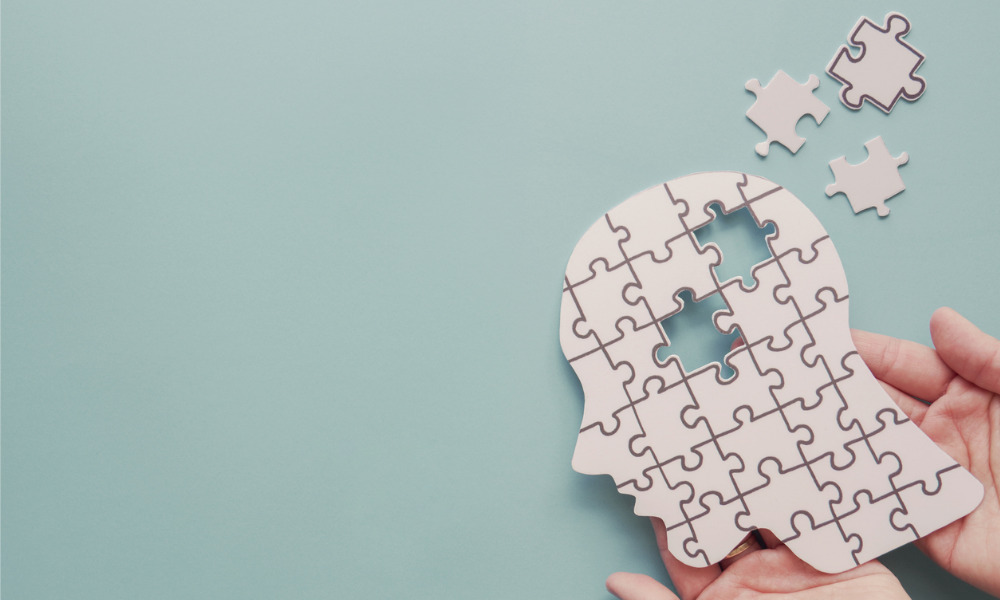
At the start of Mental Heath Week, it's worth remembering that employees may take some time to adapt to a new setting

Though there have been stops and starts over the last two years, many employers are pushing for a more permanent return to the physical workplace – whether it be every day or in a hybrid work model. And while making these return to work plans, employers and safety professionals need to be cognizant of worker mental health.
Employees who have been working from home for over two years may not feel immediately comfortable taking public transport, for example, an environment that now makes them feel stressed or anxious.
“I think what employers need to be mindful of, is understanding that everybody is moving at their own place,” says Denise Waligora of the Mental Health Commission of Canada. “There can’t be a blanket policy when it comes to return to work.”
For many workers, their whole life has been in almost one place for the last two years – home. Though this was certainly a struggle for many, most workers have managed to figure out a balance. Now, return to work plans threaten that new balance. Employers need to be understanding of the fact that it may take workers some time to strike the right balance.
Waligora suggests, for example, doing an employee survey to figure out what employees need to help them feel comfortable, and to reduce the anxieties that they’re going to have about coming back into the workplace. This is a big adjustment, she says, “and we need to be mindful of how forcing people to come back might affect [mental health].”
Psychological safety has taken a huge hit during the pandemic. The number of workers suffering from issues such as anxiety or depression is huge. While some workers may have suffered from these conditions before, employers should understand that many of their employees may have developed mental health issues during the pandemic that aren’t going to magically go away once they return to work.
Remind workers of what help is available to them, says Waligora, such as Employee Assistance Programs (EAPs). And though it was tough, many employers managed to put into place so many physical safety measures during the pandemic such as social distancing or mask mandates. “We need to take the same care and caution around employee mental health,” she says, “because what people forget or don’t realize is that health isn’t just physical health.” And if someone has poor mental health, it can affect their physical health.
There is still a stigma around mental health which needs to change. Workers taking mental health leave (often called stress leave) may be judged by their managers or co-workers. It is up to employers and safety professionals to make sure that they are created a nurturing environment which encourages open dialogue around mental health.
“Stigma is one of the biggest barriers to people having these conversations, reaching out for support and receiving the support that they deserve,” says Waligora. “So we need to normalize these conversations.”